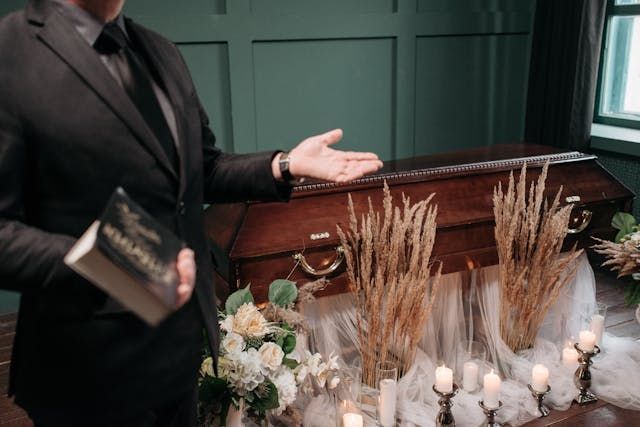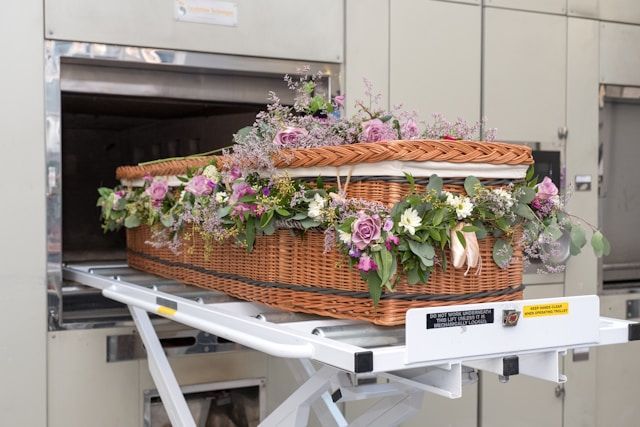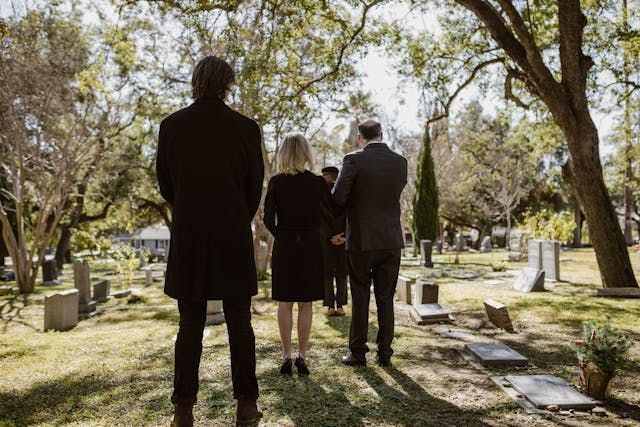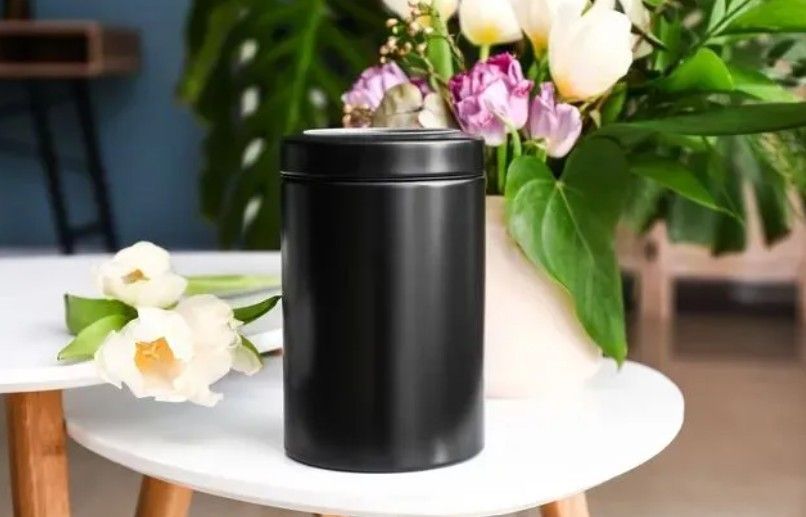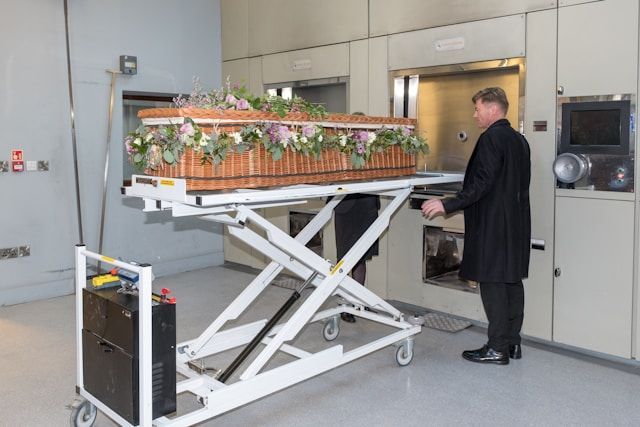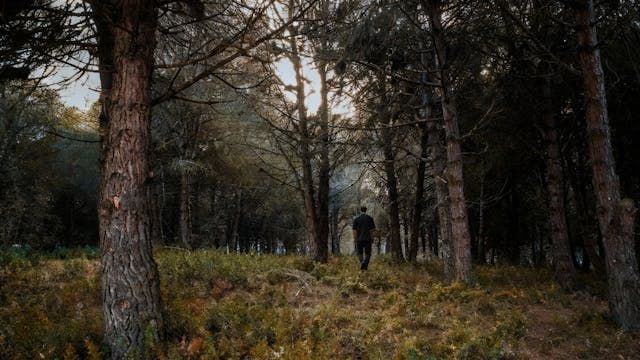In recent years, families have increasingly chosen
cremation services near Parkville, PA, as a central component of their memorial arrangements. This shift reflects broader changes in how individuals approach end-of-life planning, emphasizing personalization, flexibility, and reflection of the individual's life and legacy. More than a practical alternative, cremation has emerged as a meaningful option that resonates with diverse cultural values, spiritual beliefs, and lifestyle preferences.
A Shift Toward Personalization
Modern memorials have evolved from uniform, structured ceremonies to deeply personal experiences. Cremation allows families to honor their loved ones in creative and unique ways. Whether it involves an intimate gathering at home, a larger celebration of life, or a private moment shared among a few close family members,
cremation offers the flexibility to shape a tribute that truly reflects the individual being remembered.
This approach aligns with the growing desire to tell stories, share memories, and celebrate lives rather than focusing solely on mourning. Families may incorporate music, multimedia presentations, and symbolic gestures, ensuring the service is as distinctive as the person it honors.
Flexibility in Planning and Timing
One key reason many families choose cremation is the increased flexibility it provides in terms of scheduling. Traditional services often occur within a specific timeframe, but cremation allows memorials to be planned thoughtfully without the pressure of immediate arrangements. This can be especially helpful for families spread across the country or those who wish to coordinate a gathering that accommodates travel and availability.
Additionally, cremation enables memorial services to be held in a wide range of venues beyond conventional settings. Parks, places of worship, family homes, and community centers have all become meaningful backdrops for services that feel more connected to the loved one's life.
Environmental and Practical Considerations
Many also view cremation as a more environmentally conscious and practical choice. With growing awareness of ecological responsibility, individuals often select cremation as part of a broader commitment to sustainability. The practice requires fewer physical resources and can align more closely with personal values about the planet and conservation.
Cremation may involve fewer complications than traditional arrangements from a logistical standpoint. This simplicity appeals to individuals seeking a less complex process that still honors the depth and meaning of a life lived.
Cultural and Spiritual Integration
Cremation has also gained broader acceptance across various cultural and spiritual communities. While some religious traditions historically discouraged the practice, many now embrace it as compatible with their beliefs, especially when incorporated into meaningful rituals and observances.
Families are increasingly finding ways to integrate spiritual customs and traditions into cremation services, preserving the sanctity of the moment while adapting to contemporary preferences. This blend of old and new allows for respectful and relevant memorials.
Supporting the Grieving Process
Ultimately, cremation supports a healing environment for families by offering opportunities for reflection, remembrance, and connection. The adaptable nature of memorial services following cremation encourages loved ones to participate, from delivering tributes to participating in symbolic acts of farewell.



